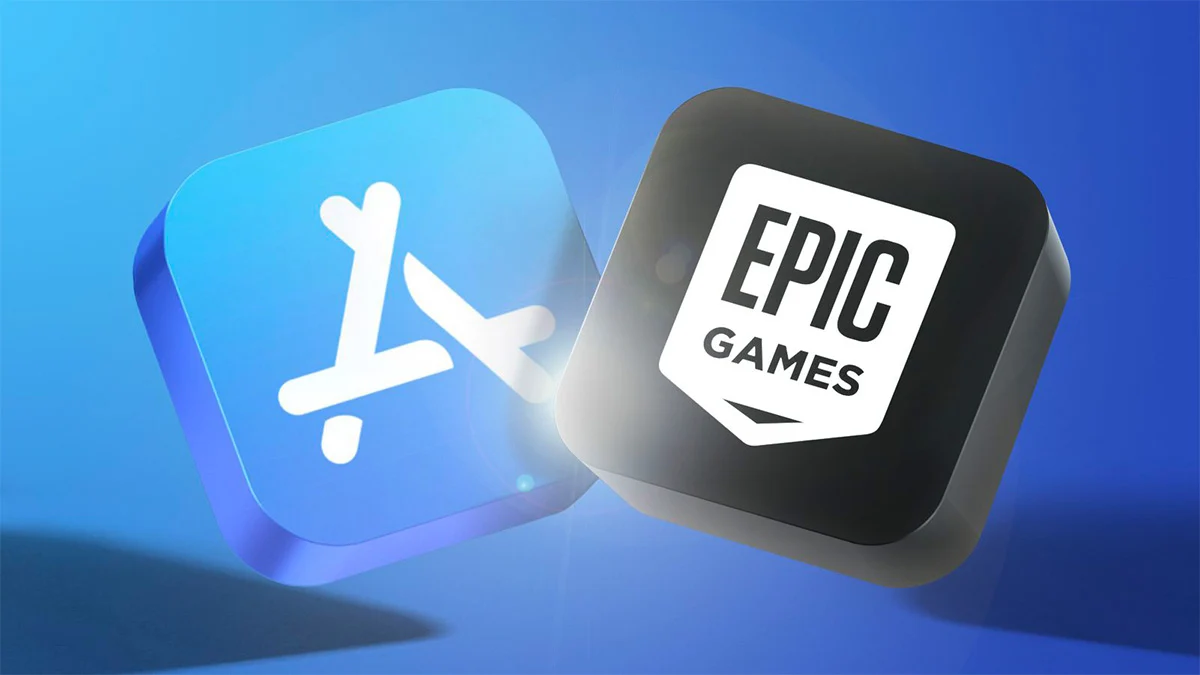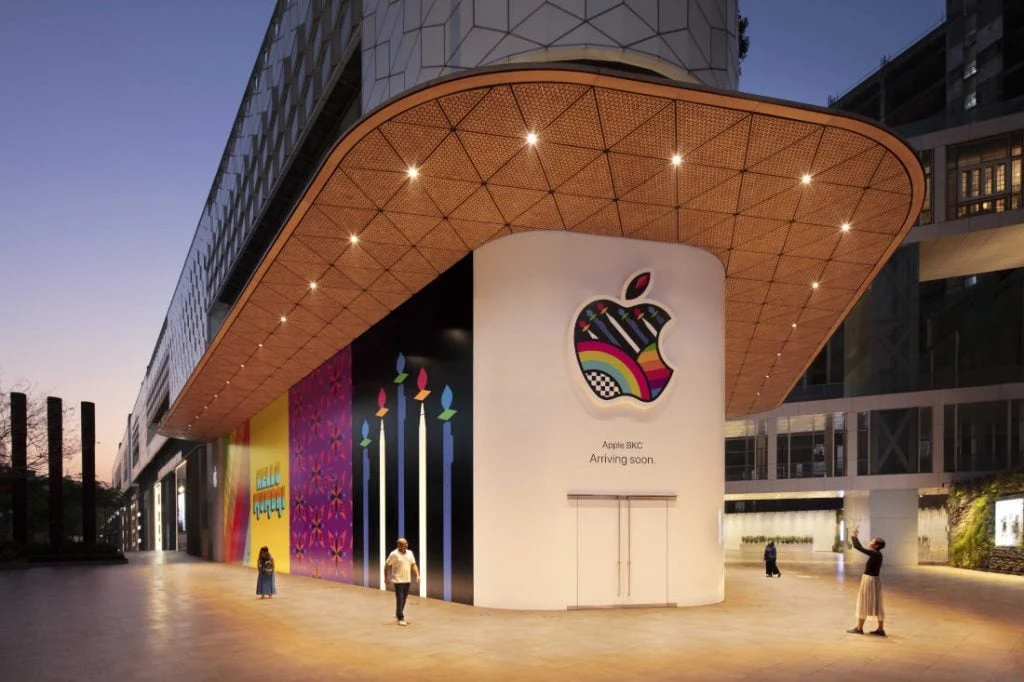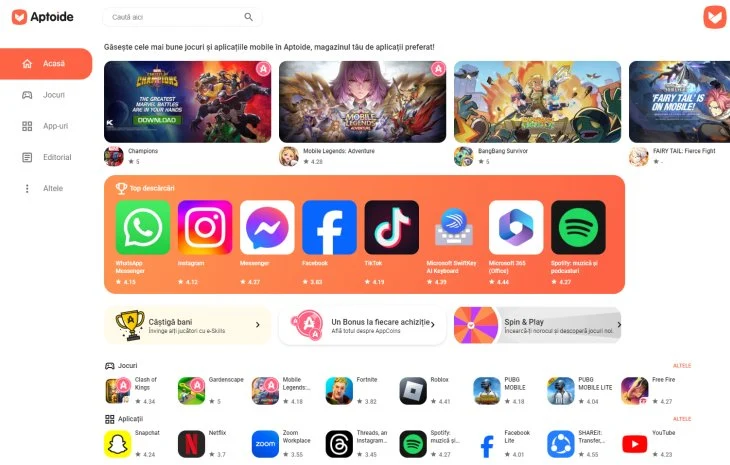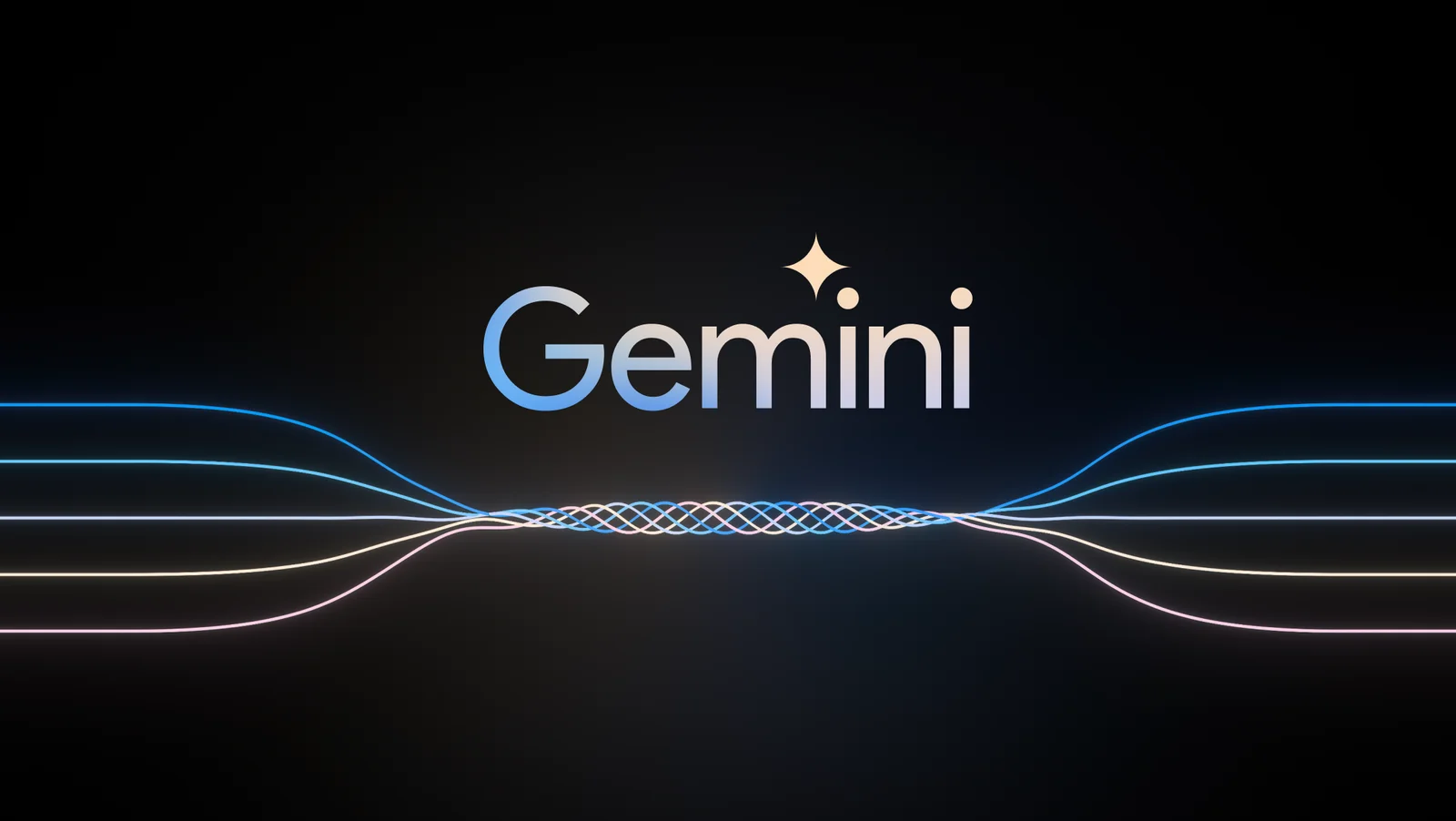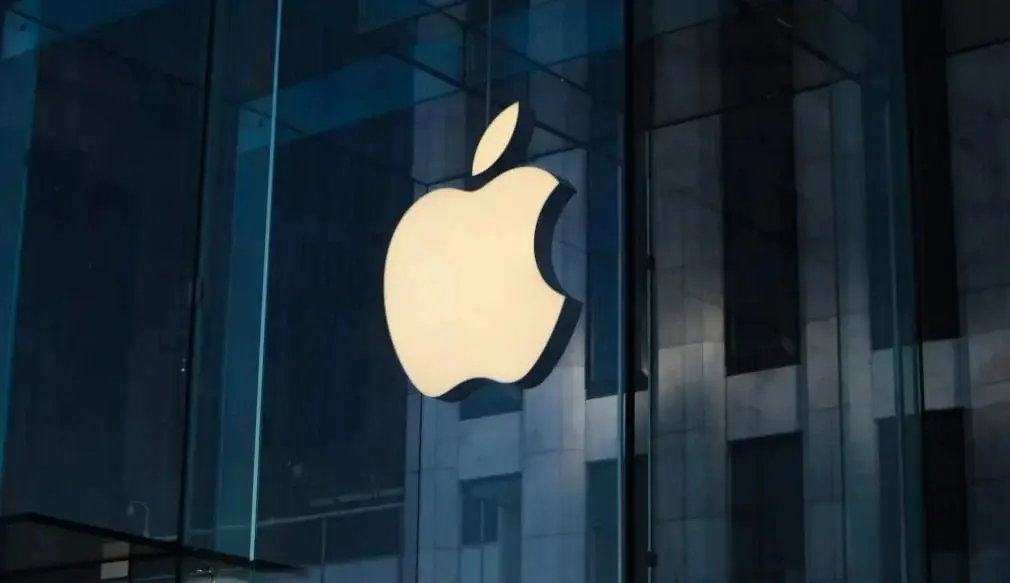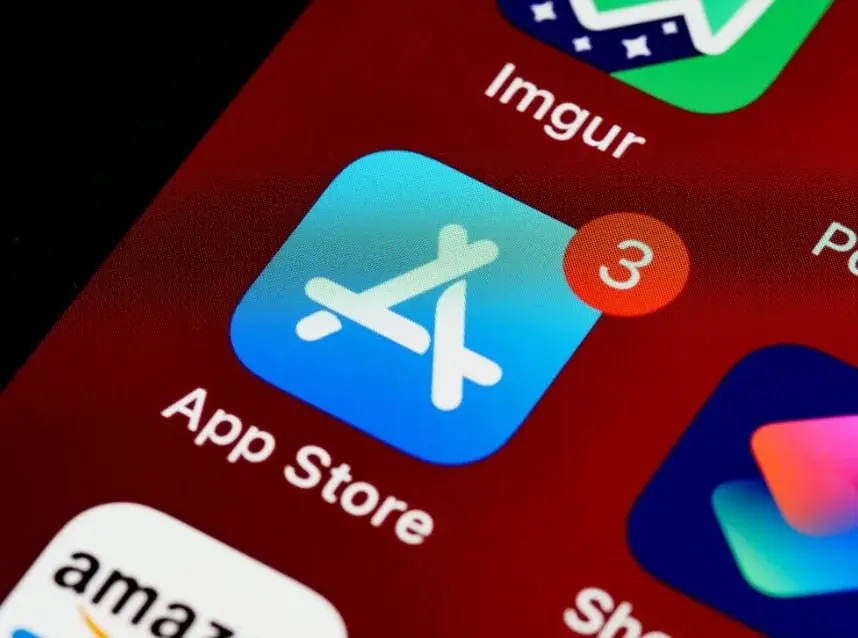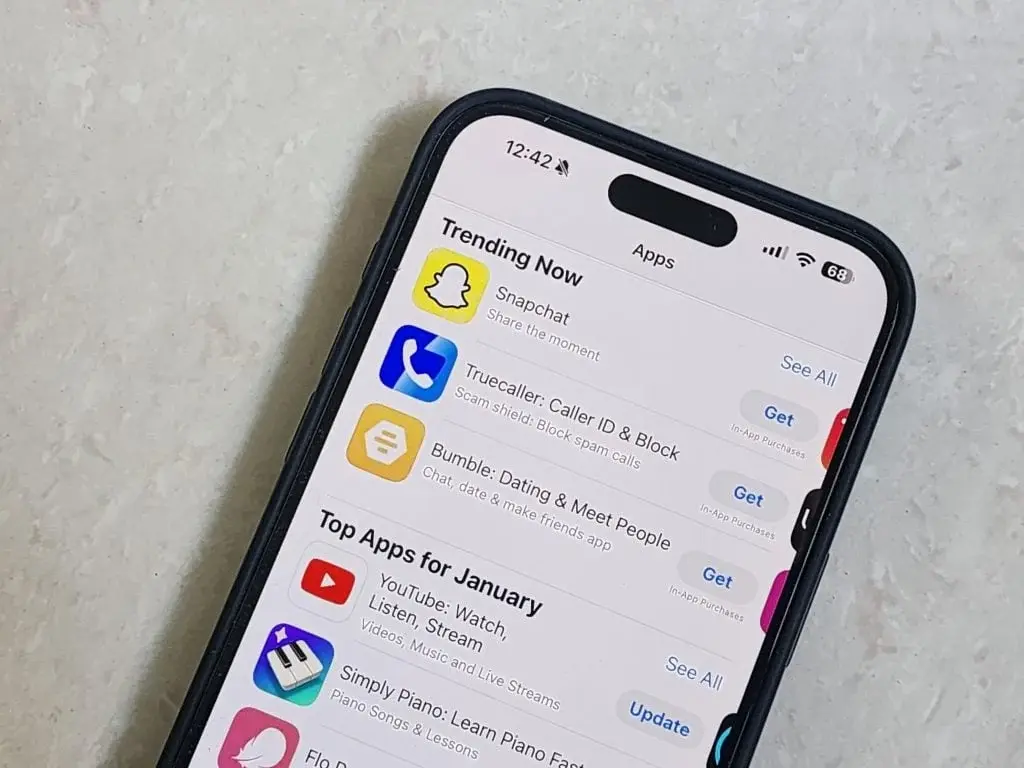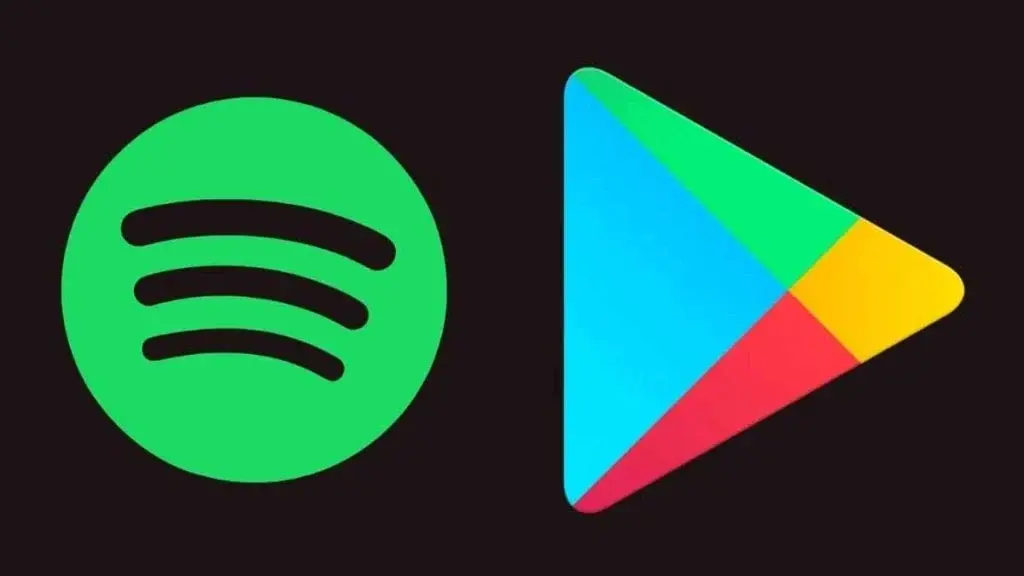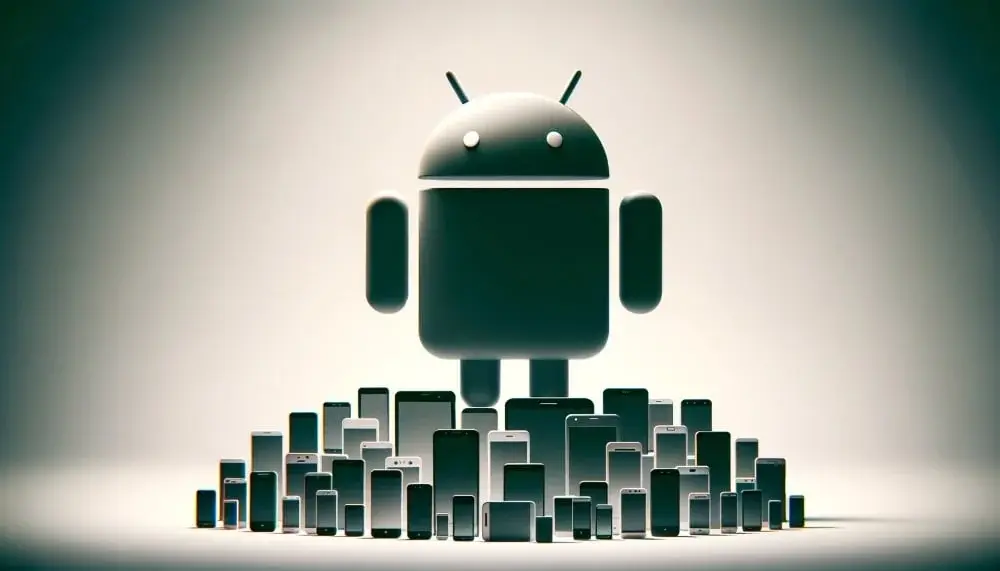Key Takeaways
1. Ruling Against Apple: A US judge has ruled that Apple cannot charge or block external payment links in iOS apps, marking a win for developers like Epic Games.
2. Developer Freedom: Developers can now direct users to payment websites outside of Apple’s system, avoiding the 27-30% fees imposed by Apple on in-app purchases.
3. Background of the Case: The ruling is part of a long-standing legal battle between Epic Games and Apple, influenced by misleading testimonies from Apple executives.
4. Impact on App Store: Developers are expected to update their apps immediately to take advantage of this ruling, which could lead to lower costs for users and higher profits for developers.
5. Broader Implications: While the ruling currently applies only in the US, it may affect other platforms like Google Play Store, depending on the outcome of Apple’s planned appeal.
A US judge has decided against Apple, stopping the company from charging or blocking external payment links in iOS applications, starting right away. This is a win for Epic Games and other developers, marking a significant change in a four-year legal fight, and allowing US App Store apps to avoid Apple’s 30% fees for in-app payments, disrupting the iPhone ecosystem.
Developers Gain More Freedom
Now, developers can direct users to payment websites that are not part of Apple’s system. Apple can no longer impose fees of 27-30% on outside purchases, nor can it prevent developers from designing or positioning payment links. The company is also prohibited from using fear tactics—like warning messages—to dissuade users from leaving an app to buy elsewhere. Developers can simply provide neutral alerts, which is a big win for Epic and Spotify, who have had similar confrontations with Apple.
Background of the Ruling
This decision, linked to the ongoing Epic vs. Apple drama since 2020, was complicated by Apple VP Alex Roman’s misleading testimony and CEO Tim Cook’s attempts to ignore a ruling from 2021, despite warnings from Phil Schiller, according to TechCrunch. Previously, Apple compelled developers to utilize its payment system, taking a 30% cut from in-app transactions and banning any external links or suggestions of alternatives while employing scare tactics against outside payments.
Future Implications for the App Store
Apple plans to appeal while still following the ruling. This could lead to a change as developers, like Epic and Spotify, are set to update their apps right away. The table below outlines the specifics. This could lead to lower costs for users and higher profits for developers, particularly for free-to-play games such as Fortnite, but this change is currently limited to the US. With Google’s Play Store facing similar issues, this ruling could have wider effects across different platforms. Will Apple’s appeal change this decision, or is it the start of a new chapter in app freedom? Only time will tell.
Source:
Link
